The Gospels of Matthew, Mark and Luke tell a more or less chronological account of the public life of Jesus. But John, well, John is different. It’s mystical and full of symbols. It’s a beautiful and astounding look at the Lord.
Today, Jesus is speaking to the Pharisees, and they are having a really hard time understanding Him, seeing from His point of view.
He said to them, “You belong to what is below,
I belong to what is above.
You belong to this world,
but I do not belong to this world.
That is why I told you that you will die in your sins.
For if you do not believe that I AM,
you will die in your sins.”
So they said to him, “Who are you?”
Jesus said to them, “What I told you from the beginning.
I have much to say about you in condemnation.
But the one who sent me is true,
and what I heard from him I tell the world.”
They did not realize that he was speaking to them of the Father. – Jn 8:23-17
Since we know who Jesus is (the Son of the God, the second Person of the Most Holy Trinity), we have an advantage over the Pharisees here. They are only able to think in earthy terms. They have a narrow notion of who and what the Messiah will be, and Jesus isn’t it. They cannot see what is right in front of them.
It’s easy to scoff at them (“Dumb bunnies! How could they miss that this was the Messiah??”) But we do exactly the same thing. We miss what is right in front of us.
I have a friend who is an amazing nature photographer. She sends me pictures of flowers waiting to burst open, birds posed in flight, a tiny insect making its way through a vast bed of greenery. Her vision of nature is detailed and artistic. While I know how to work a camera, I completely miss what she sees. It’s like she has another dimension of sight that I don’t have.
How often do we, like the Pharisees, ignore what is in front of us? Usually it’s because of pride; we think we already know everything. We are “better than.” We don’t speak that language. God the Father puts exactly the same thing in front of us that He has put in front of every saint in history … and we are still profoundly confused, proud, blind to the Truth.
Jesus has a singular vision: the will of the Father. He is focused only on that, despite all that goes on around Him as He carries out the Father’s will. We cannot see we exactly as he sees, but He invites us to try. Pope Benedict XVI (writing as Cardinal Joseph Ratzinger):
Yes, you can see God. Whoever sees Christ sees him…
For the next question is now (for all of post-apostolic Christianity, at least): How can you see Christ and see him in such a way that you see the Father at the same time? …
The seeing occurs in following after, Following Christ as his disciple is a life lived at the place where Jesus stands, and this place is the Passion. In it, and nowhere else, is his glory present.
What does this demonstrate? The concept of seeing has acquired an unexpected dynamic. Seeing happens through a manner of living that we call following after. Seeing occurs by entering into the Passion of Jesus. There we see, and in him we see the Father also. From this perspective the words of the prophet quoted at the end of the Passion narrative of John attain their full greatness: “They shall look on him whom they have pierced” (Jn 19:37)
When we “follow after” Christ, when we become His disciples, when we pick up our Cross and pursue Him: we shall see. We need to stop questioning, interrogating Jesus like the Pharisees in today’s Gospel. Today, Jesus answers the question, “Who are you?” Let us see Him clearly, with eyes of faith.
 Elise Hilton is an author, blogger and speaker. Her role at Diocesan Publications is Editor & Writer with the Marketing Team. She has worked in parish faith formation and Catholic education for over 25 years. A passionate student of theology, Elise enjoys sharing her thoughts on parish communication, the role of social media in the Church, Franciscan spirituality and Catholic parenting. To enquire about booking her as a speaker, please contact her at ehilton@diocesan.com.
Elise Hilton is an author, blogger and speaker. Her role at Diocesan Publications is Editor & Writer with the Marketing Team. She has worked in parish faith formation and Catholic education for over 25 years. A passionate student of theology, Elise enjoys sharing her thoughts on parish communication, the role of social media in the Church, Franciscan spirituality and Catholic parenting. To enquire about booking her as a speaker, please contact her at ehilton@diocesan.com.


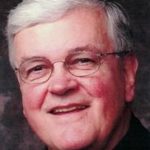 Fr. Tom Shanahan, SJ has been at Creighton University since the early ‘70’s teaching in the theology department. “I teach in the Christian Spirituality Master’s Degree Program, a summertime program which focuses on preparing persons to be active in the apostolate of spiritual direction and retreat work. I serve as the chaplain for the men’s and women’s intercollegiate basketball teams.” [This reflection is used with permission from Creighton University’s Online Ministries.]
Fr. Tom Shanahan, SJ has been at Creighton University since the early ‘70’s teaching in the theology department. “I teach in the Christian Spirituality Master’s Degree Program, a summertime program which focuses on preparing persons to be active in the apostolate of spiritual direction and retreat work. I serve as the chaplain for the men’s and women’s intercollegiate basketball teams.” [This reflection is used with permission from Creighton University’s Online Ministries.]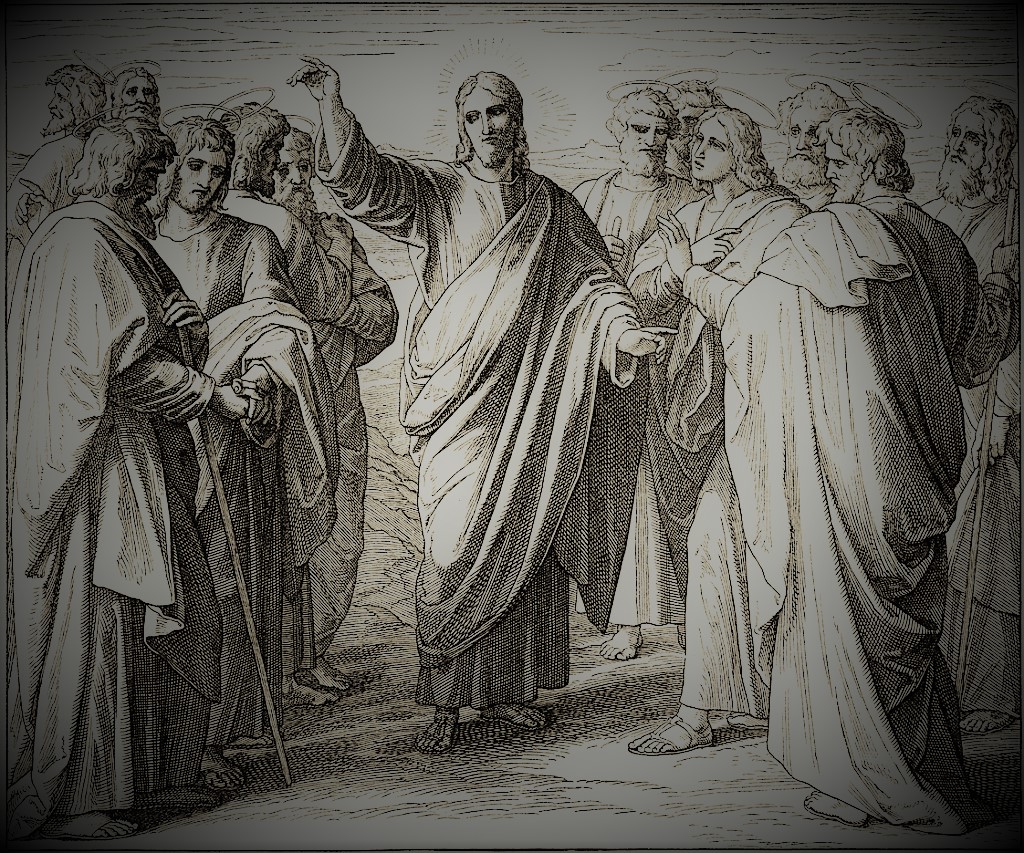
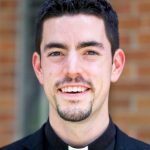 Fr. Scott Nolan is a priest of the
Fr. Scott Nolan is a priest of the 
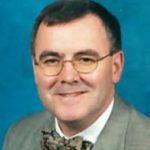 Edward A. Morse if a professor of law at Creighton University. He says, “My wife and I have five children. Two are Creighton alumni, two are Creighton students, and one is still at home with us. We live on the farm on which I was raised and continue to help operate part of it. These agrarian roots influence our lives in various ways, and sometimes that influence can be seen in these reflections.” [This reflection is used with permission from Creighton University’s Online Ministries.]
Edward A. Morse if a professor of law at Creighton University. He says, “My wife and I have five children. Two are Creighton alumni, two are Creighton students, and one is still at home with us. We live on the farm on which I was raised and continue to help operate part of it. These agrarian roots influence our lives in various ways, and sometimes that influence can be seen in these reflections.” [This reflection is used with permission from Creighton University’s Online Ministries.]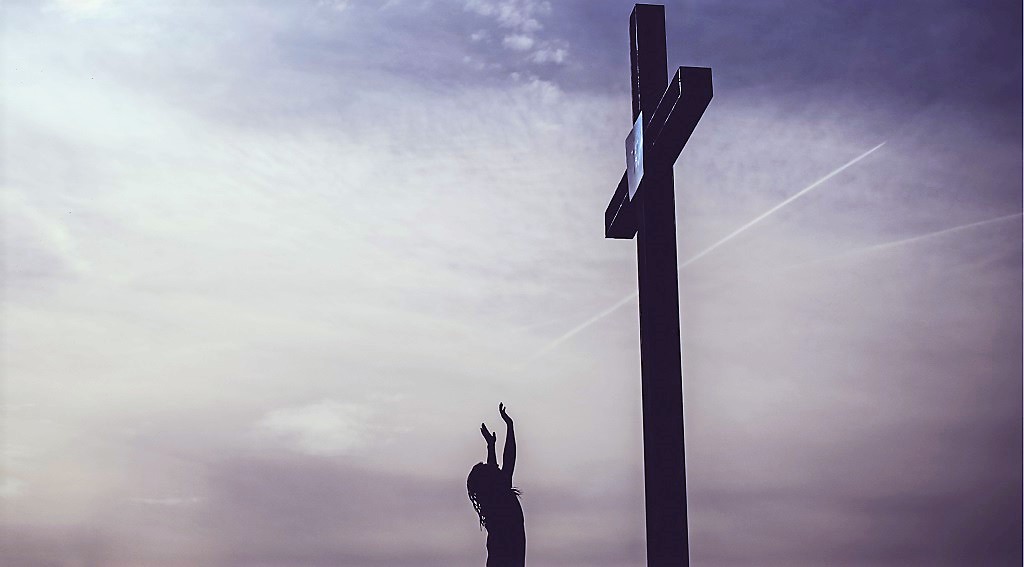

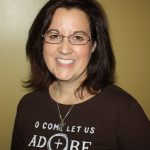 Allison Gingras, founder
Allison Gingras, founder 
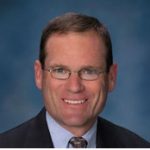 Today’s guest blogger is Michael Kavan, currently the Associate Dean for Student Affairs at Creighton University School of Medicine. He is also a psychologist and a Professor of Family Medicine and Professor of Psychiatry. A faculty member at Creighton since 1988, Kavan teaches classes on a variety of topics related to behavioral medicine, depression, anxiety, and interviewing skills for medical students and residents. He also practices psychology at a family medicine clinic.
Today’s guest blogger is Michael Kavan, currently the Associate Dean for Student Affairs at Creighton University School of Medicine. He is also a psychologist and a Professor of Family Medicine and Professor of Psychiatry. A faculty member at Creighton since 1988, Kavan teaches classes on a variety of topics related to behavioral medicine, depression, anxiety, and interviewing skills for medical students and residents. He also practices psychology at a family medicine clinic.
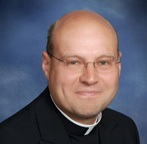 Fr. Peter Damian, 38, is a native of Romania. Growing up under Ceausescu’s Communist regime, in a Christian Orthodox family, he became Catholic at age 19 after a deep search for Truth. Providence took him to Italy, where he attended seminary in the Diocese of Massa Carrara-Pontremoli, followed by post-seminary studies in Rome, at the Pontifical Lateran University. He was ordained a priest on April 2nd, 2005, the very same day St. John Paul II went to Heaven.
Fr. Peter Damian, 38, is a native of Romania. Growing up under Ceausescu’s Communist regime, in a Christian Orthodox family, he became Catholic at age 19 after a deep search for Truth. Providence took him to Italy, where he attended seminary in the Diocese of Massa Carrara-Pontremoli, followed by post-seminary studies in Rome, at the Pontifical Lateran University. He was ordained a priest on April 2nd, 2005, the very same day St. John Paul II went to Heaven. 
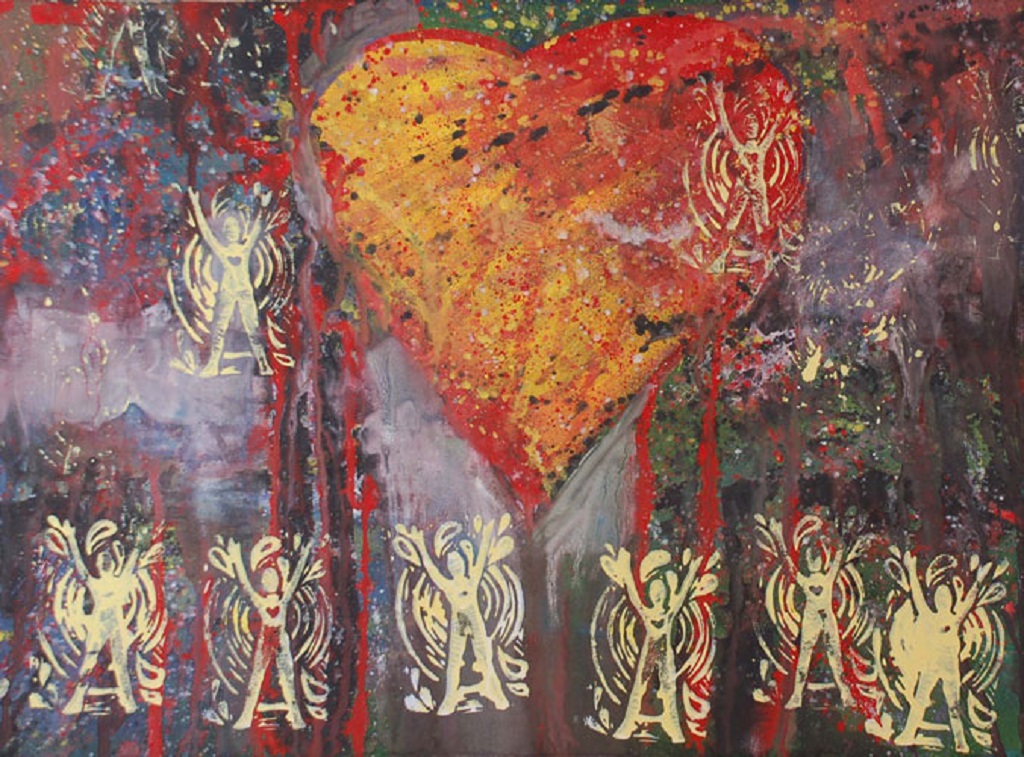
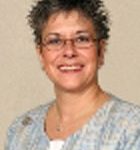 Author Nancy Shirley is a grateful child of God, wife, mother, nana, and nursing professor. My husband and I met at church and have walked this extraordinary journey together experiencing CEC in 2004 and growing more committed to our beliefs. In addition to my husband, I am blessed with a wonderful daughter and son, who in turn are blessed with wonderful spouses. My son’s four children bring us all endless joy and delight. I am on the faculty at Creighton having taught nursing here from 1980-1989 and returning “home” in 2003 to teach nursing at all levels and to administer the undergraduate program. [Today’s reflection is used with permission from Creighton University.]
Author Nancy Shirley is a grateful child of God, wife, mother, nana, and nursing professor. My husband and I met at church and have walked this extraordinary journey together experiencing CEC in 2004 and growing more committed to our beliefs. In addition to my husband, I am blessed with a wonderful daughter and son, who in turn are blessed with wonderful spouses. My son’s four children bring us all endless joy and delight. I am on the faculty at Creighton having taught nursing here from 1980-1989 and returning “home” in 2003 to teach nursing at all levels and to administer the undergraduate program. [Today’s reflection is used with permission from Creighton University.]
 Tommy Shultz is Diocesan Publication’s Solutions Evangelist. He is also a full time speaker who was most recently the Director of youth and young adult ministries for the Diocese of Baker, OR. As an experienced speaker on all things Catholic, he has addressed thousands of teens and young adults on topics such as the Sacraments, chastity, and boldly living the Catholic faith. He has given many talks and hosted retreats across the nation. Driven by his passion for Theology of the Body, Tommy studied at the Theology of the Body Institute and has spoken at numerous Theology of the Body conferences. From 2012-2013, he served as a missionary of purity, speaking to over 20 thousand youth about the message of purity across the state of Pennsylvania. He is also a founder of the Corpus Christi Theology of the Body campus organization at Franciscan University. To book Tommy for an event or for further information please visit
Tommy Shultz is Diocesan Publication’s Solutions Evangelist. He is also a full time speaker who was most recently the Director of youth and young adult ministries for the Diocese of Baker, OR. As an experienced speaker on all things Catholic, he has addressed thousands of teens and young adults on topics such as the Sacraments, chastity, and boldly living the Catholic faith. He has given many talks and hosted retreats across the nation. Driven by his passion for Theology of the Body, Tommy studied at the Theology of the Body Institute and has spoken at numerous Theology of the Body conferences. From 2012-2013, he served as a missionary of purity, speaking to over 20 thousand youth about the message of purity across the state of Pennsylvania. He is also a founder of the Corpus Christi Theology of the Body campus organization at Franciscan University. To book Tommy for an event or for further information please visit 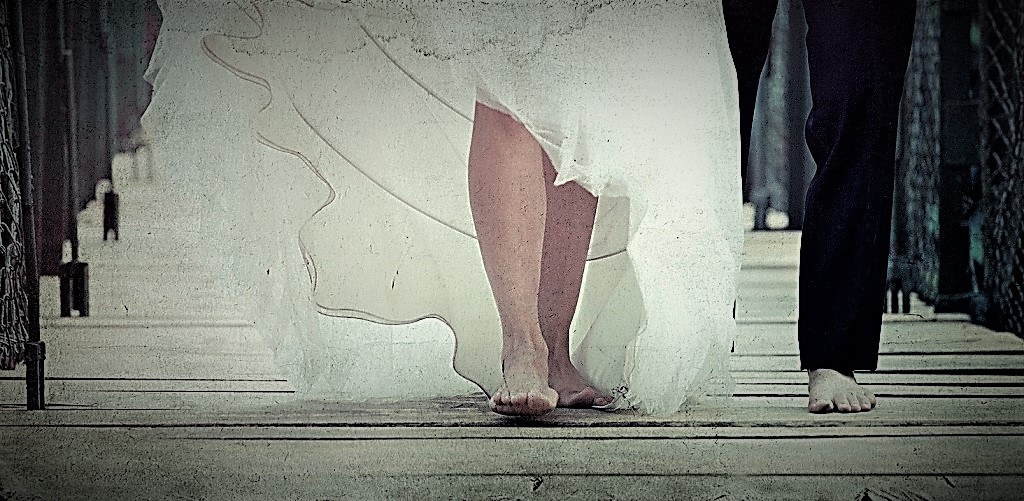
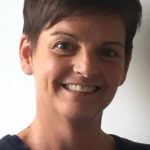 Amy Oatley is a wife, mother, and Secular Franciscan (OFS), passionate about social justice, advocating for the dignity of every human life. She encounters Christ through Prison and Jail Ministry in the Diocese of Grand Rapids and as a Sidewalk Advocate for Life. A journalist for the past thirty years, she is currently a freelance writer for FAITH Magazine and works at St. Thomas the Apostle Parish. Her home parish is Our Lady of Consolation in Rockford, Michigan.
Amy Oatley is a wife, mother, and Secular Franciscan (OFS), passionate about social justice, advocating for the dignity of every human life. She encounters Christ through Prison and Jail Ministry in the Diocese of Grand Rapids and as a Sidewalk Advocate for Life. A journalist for the past thirty years, she is currently a freelance writer for FAITH Magazine and works at St. Thomas the Apostle Parish. Her home parish is Our Lady of Consolation in Rockford, Michigan.